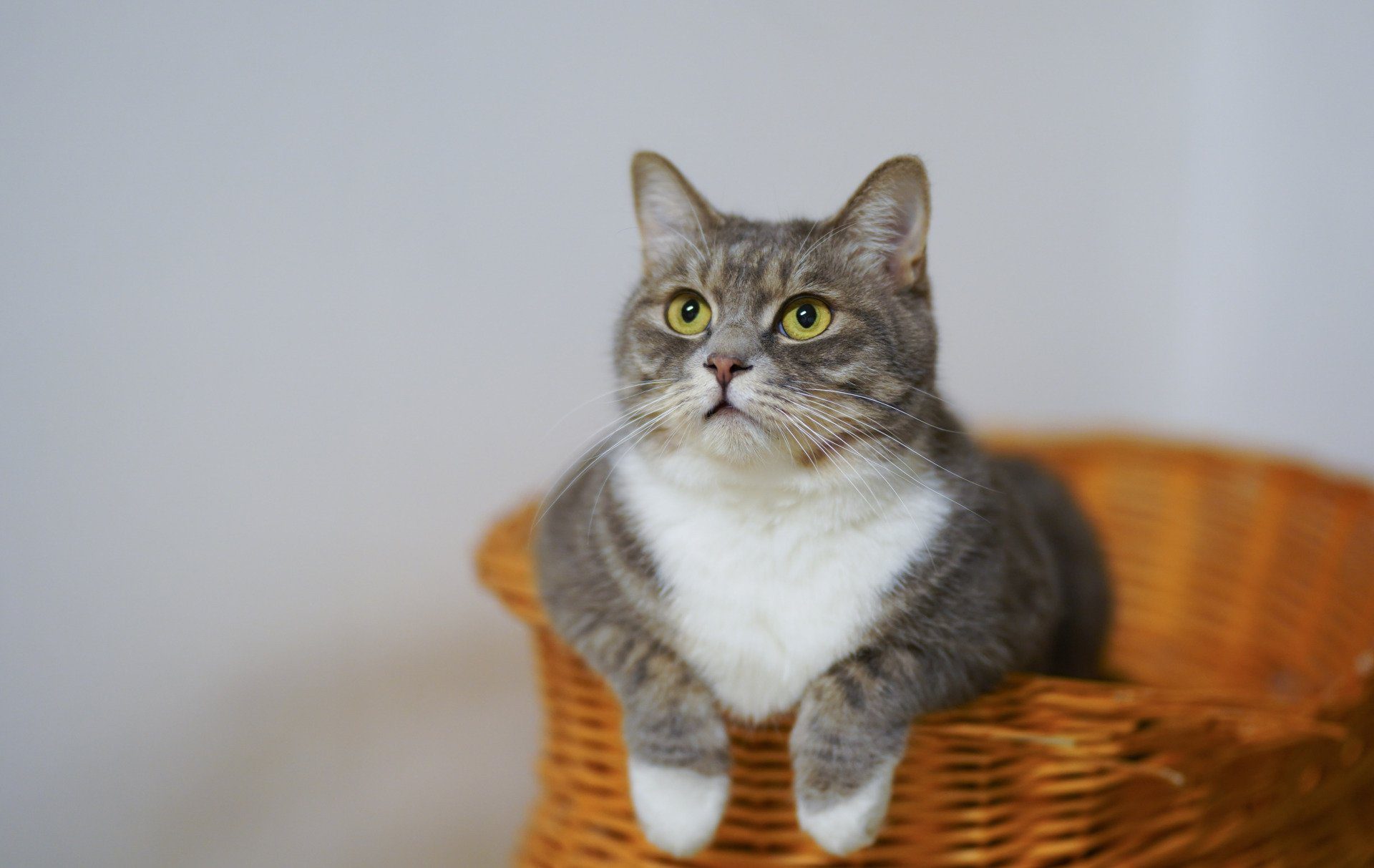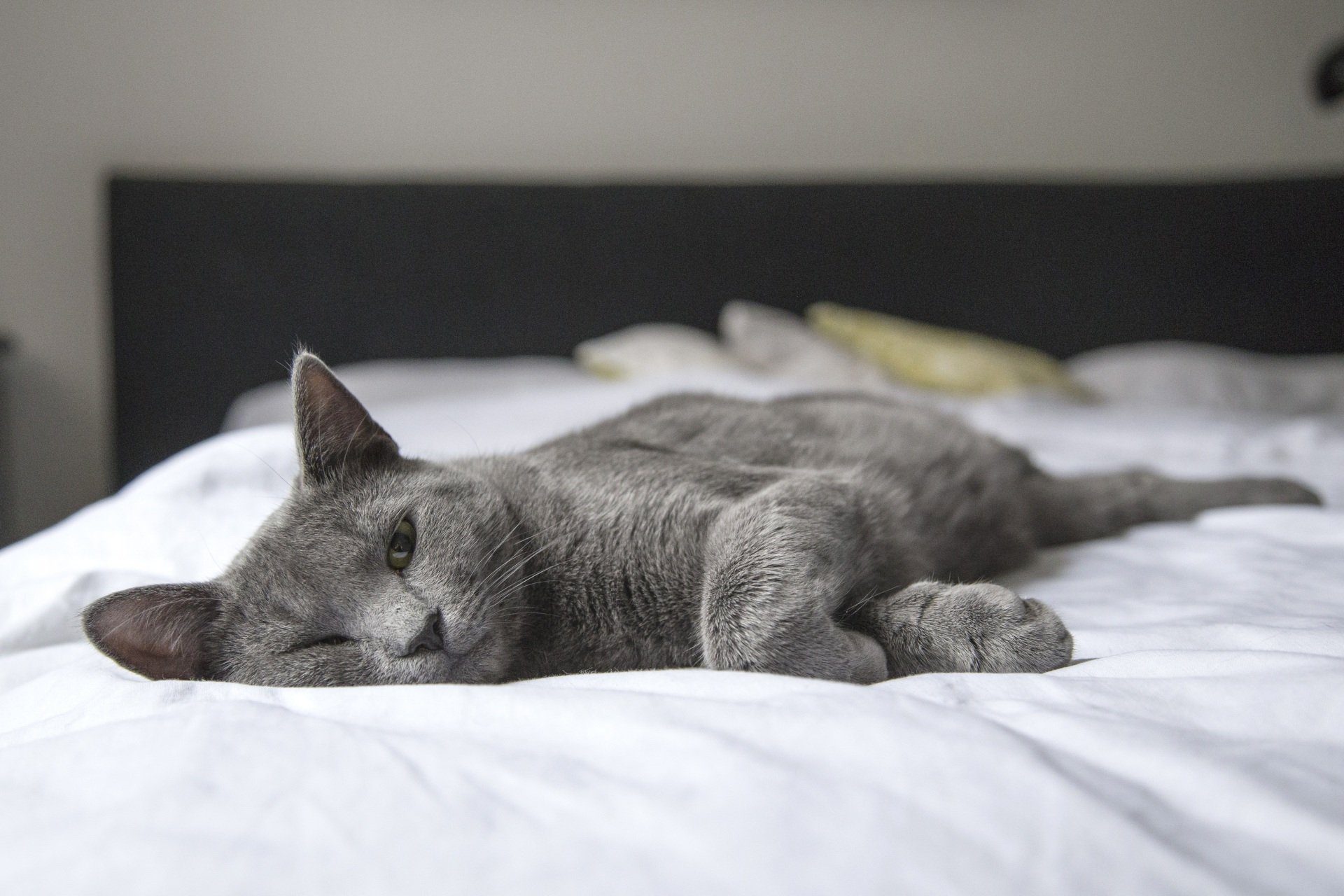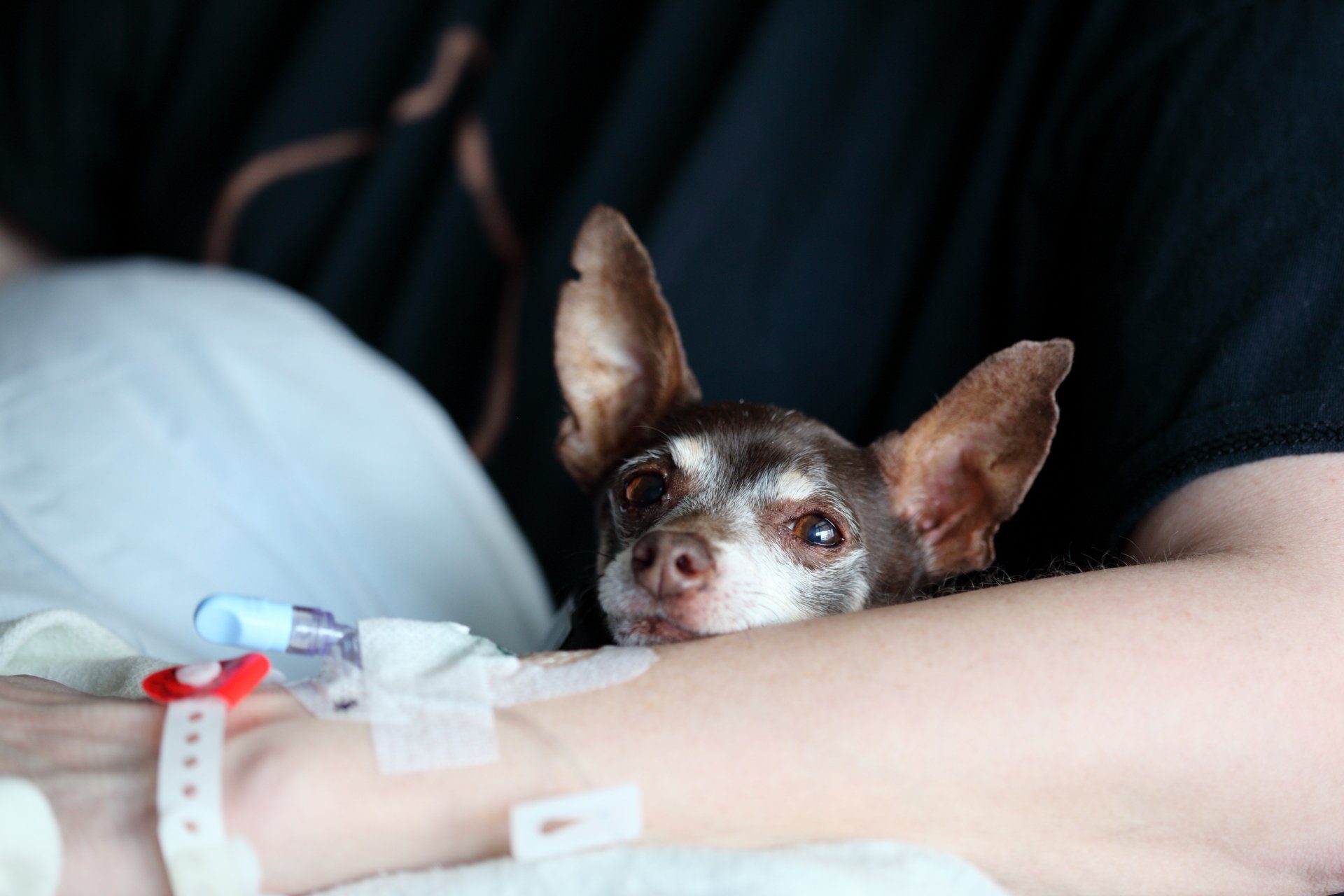Senior Pet Care Tips
Is your furry companion in their golden years? Pets somehow seem to become cuter as they get older. Many dogs and cats become really sweet in their golden years and simply want to be held, petted, and loved on. They also have a really sweet disposition and prefer to nap and snuggle with their humans. Of course, pets, like humans, require slightly different care as they age. Continue reading to hear some elderly pet care advice from a local veterinarian in this article from All About Animals Veterinary Services, your local Carrollton, GA pet hospital, serving the Villa Rica area.
Do Breed-Specific Research
Some medical issues are simply frequent among our animal companions in general. These include things like hip dysplasia and arthritis, as well as eyesight and hearing loss. Your pet’s breed is also a factor to consider. Do some studying to determine whether your four-legged friend is at a higher risk of having any certain condition. And, while breed is more important in dogs than in cats, it can and does play a part in kitties’ physiology. If your dog or cat is a mix, which many are, consider getting a DNA test.
Monitor Your Food And Water Intake
Many of the health issues that we commonly encounter in older pets are going to impact Fido and Fluffy’s appetite, food and water consumption, urine output, and weight. These are not the only things to look out for, but they are often the first things people notice. Monitor your pet’s weight and body condition, as well as what they eat and drink. You should also keep a lookout for signs of lethargy, respiratory difficulties, and lameness.
Keep Up With Veterinary Care
Because older animals are more likely to suffer a variety of health issues, it is critical to evaluate their well-being frequently. Fido and Fluffy will benefit from additional visits to the clinic in their golden years. This is especially true for pets with established medical difficulties. Follow your veterinarian’s recommended appointment schedule.
You should also keep an eye out for any signs of disease. Some of those would include the following:
- Coughing
- Incontinence
- Increased Appetite
- Unexplained Lameness
- Sleep Pattern Changes
- Arthritis
- Disorientation
- Hearing And/Or Vision Loss
- Losing Weight
- Obesity
- Aggression
- Difficulty Climbing, Jumping, Getting Up Or Down
- Increased Thirst
- Abdominal Swelling
- Vomiting
- Swelling
- Poor Appetite
- Less Urination
- Lethargy
- Bad Breath
- Breathing Trouble
- Anxiety
If you detect any of the following danger signals, contact your veterinarian right away. Many concerns can be addressed, but it is always more effective to do so early on.
Focus On Comfort
As your pet gets older, you’ll want to shift your focus from keeping them entertained to keeping them comfortable. Small things, such as comfortable beds and night lighting, can make a big difference here. The exact steps you need to follow may differ based on the specific conditions your pet is experiencing. For example, if Fido can’t see properly, you may need to lay out carpet runners to assist him navigate. A water fountain would also be useful, as would odor-eating stick-ups. If your pet cannot hear, you may need to train him to respond to a laser pointer or lamp. Make sure to ask your veterinarian for particular recommendations. That advice may change over time, so revisit this topic regularly.
Help Them Stay Active
Many older animals are very sleepy. Fido and Fluffy spent a lot of time running and playing when they were younger, and now they are ready for some R&R. However, they must maintain their fitness and activity levels. Daily walks are the most common form of exercise for dogs. Some dogs will enjoy and benefit from swimming, though this is not a universal recommendation.
Playing, of course, is the obvious recommendation here. Our canine and feline companions are incredibly playful, which is why they are so entertaining. As Fido and Fluffy get older, they’ll still have those playful moments, and they’ll continue to enjoy and profit from expressing their (respective) inner puppy and kitten. However, you will need to consider your four-legged friend’s age during playtime and make a few adjustments.
Here are some suggestions for playing with your lovely, cuddly retiree.
Pick A Good Play Area: Make sure the play area is safe. Always provide a safe environment for your four-legged pal to play. Avoid areas with slick surfaces, steeply slanted hills, or ramps. It’s also recommended to avoid pools, stairs, and fireplaces.
Always Choose Appropriate Toys: Older pets may have different playtime preferences than their younger counterparts. You may want to choose toys with vibrant colors. If Fido or Fluffy has difficulty seeing or hearing, look for toys that light up or create noise. Change these out on a regular basis to keep things interesting.
Don’t Go Overboard: Older pets might become fatigued rapidly. They lack the vigor and stamina that younger animals possess. Take care not to let your pet overexert itself. If you feel any signs of exhaustion, call it quits.
Don’t Underdo It: While you don’t want to push a senior pet too hard, you also don’t want to deny them playtime. Physical activity and cerebral stimulation both benefit them greatly! Fido and Fluffy may pass out after only a few minutes, but that’s okay. Even a few minutes every day can be useful.
Get Customized Professional Advice: Senior pets are more vulnerable to injuries, slips, and falls than younger animals. They should also not be urged to do specific things. For example, an elderly dog with hip dysplasia should not be encouraged to jump or ‘stand’, and a senior cat should not be expected to jump high or long. Consult your veterinarian for detailed advice on this.
Provide Mental Stimulation: Senior pets do not require as much physical activity as younger ones, but they will never lose the desire for mental stimulation. Scavenger hunts, trick training, and puzzle toys are all options for mentally stimulating activities for your pet.
Have Fun! Our animal pals never stop being adorable. In fact, many senior pets mysteriously grow even cuter. Enjoy these nice and charming moments with your pet companion! We spend far too little time with our pets.
Finally, make sure your aging pet feels loved, safe, and comfortable. Spend some additional quality time with your elderly dog and allow your cat to snuggle up on your lap. After a lifetime of love, laughter, and companionship, your pet requires you now more than ever. You may discover that this special stage in your pet’s life passes far too soon, so enjoy it while you can. In fact, purrs and tail wags from older pets are truly precious!
Conclusion: As your pet grows older, their demands will shift slightly. You should seek particular guidance from your veterinarian on their food and care requirements. Aside from that, you’ll want to focus on keeping your pet comfortable rather than keeping them out of trouble.
Book An Appointment At Our Carrollton, GA Pet Clinic
Do you have any questions about your older pet’s health or care? Contact your All About Animals Veterinary Services, your local Carrollton, GA pet hospital, serving the Villa Rica area, today! We are dedicated to giving excellent care.



